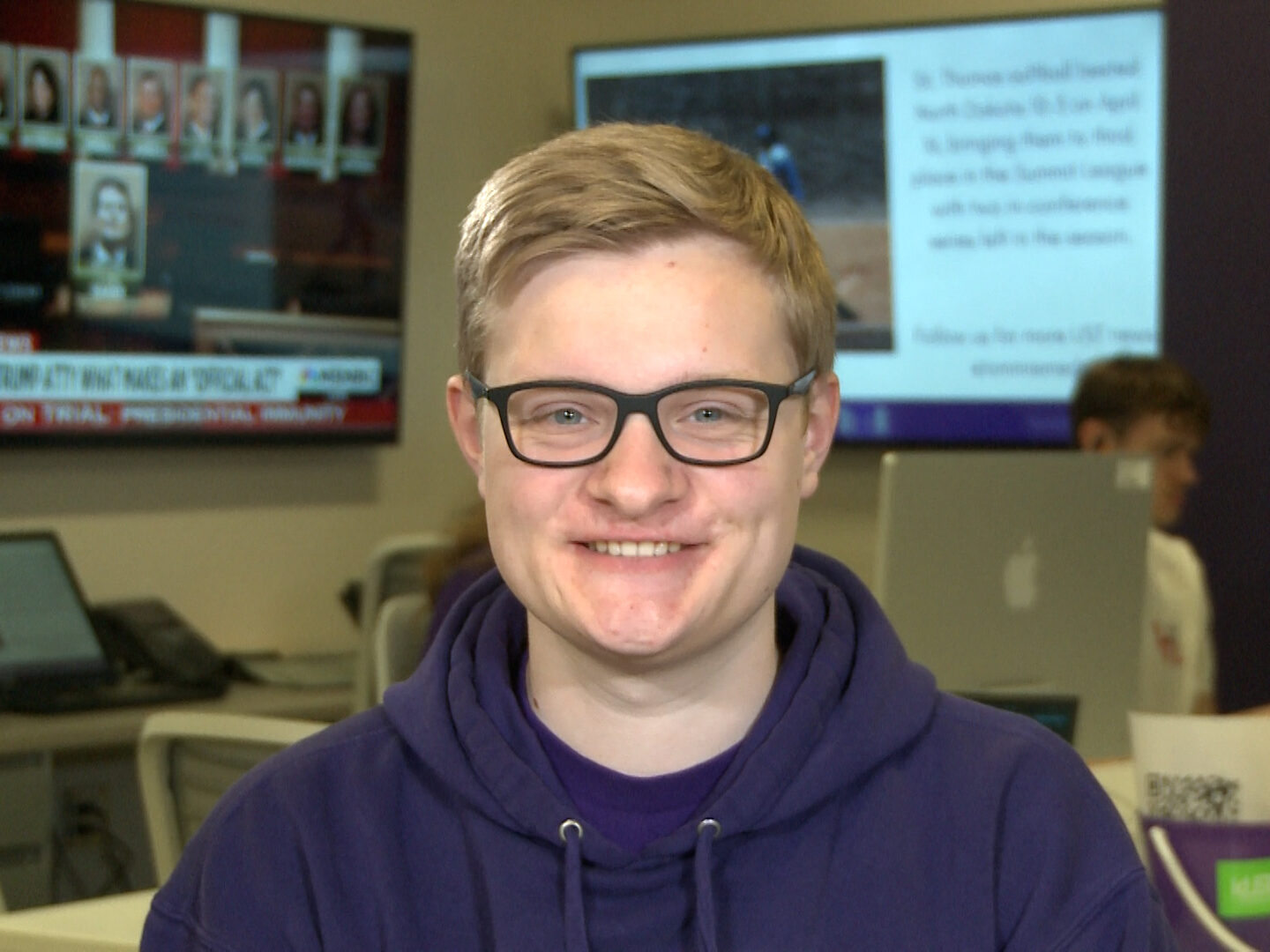New York’s highest court on Thursday overturned Harvey Weinstein ’s 2020 rape conviction, finding the judge at the landmark #MeToo trial prejudiced the ex-movie mogul with “egregious” improper rulings, including a decision to let women testify about allegations that weren’t part of the case.
Weinstein, 72, will remain imprisoned because he was convicted in Los Angeles in 2022 of another rape and sentenced to 16 years in prison. But the state Court of Appeals ruling reopens a painful chapter in America’s reckoning with sexual misconduct by powerful figures — an era that began in 2017 with a flood of allegations against Weinstein.
The Manhattan district attorney’s office signaled its intention to retry Weinstein, and his accusers could again be forced to retell their stories on the witness stand.
In overturning Weinstein’s 23-year sentence in New York, the court said in its 4-3 decision that “the trial court erroneously admitted testimony of uncharged, alleged prior sexual acts against persons other than the complainants of the underlying crimes.” The court’s majority called this “an abuse of judicial discretion.”
Some U.S. universities called in police to break up demonstrations against the Israel-Hamas war, resulting in ugly scuffles and dozens of arrests, while others appeared content to wait out student protests Thursday, as the final days of the semester ticked down and graduation ceremonies loomed.
At Emerson College in Boston, 108 people were arrested at an encampment overnight and four police officers suffered injuries that were not life-threatening, Boston police said. Those arrested were expected to appear Thursday in Boston Municipal Court.
Another 93 people were arrested Wednesday night during a protest at the University of Southern California, the Los Angeles Police Department said. There were no reports of injuries.
While grappling with growing protests from coast to coast, schools have the added pressure of May commencement ceremonies. At Columbia University in New York, students defiantly erected an encampment where many are set to graduate in front of families in just a few weeks. Columbia continued to negotiate with students after several failed attempts — and more than 100 arrests — to clear the encampment.

